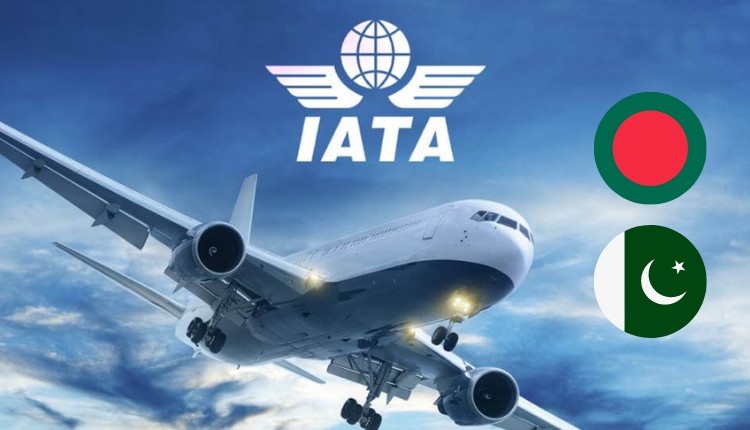The International Air Transport Association (IATA) has called upon Pakistan and Bangladesh to take immediate steps to alleviate obstacles hindering the repatriation of airline revenues. This appeal comes in the wake of Nigeria’s recent efforts to release the majority of its blocked funds, marking a significant move towards resolving a global issue impacting airlines.
According to IATA, Pakistan and Bangladesh collectively hold a substantial sum of $731 million out of the $1.8 billion in blocked airline funds worldwide. The inability to access these funds has been attributed to various factors, including currency devaluation, scarcity of US dollars, and bureaucratic complexities. Xie Xingquan, IATA’s regional vice-president for North Asia, emphasized the importance of prioritizing the release of these funds, highlighting their crucial role in supporting both economic activities and airline operations.
In Pakistan, delays primarily stem from stringent requirements for airlines to furnish audit and tax exemption certificates. Conversely, Bangladesh faces challenges due to a shortage of US dollars for foreign currency transactions. Nigeria’s recent success in clearing 98% of its blocked funds, amounting to $850 million, serves as a positive example of progress in addressing this issue. However, IATA urges the government to expedite the clearance of the remaining $19 million, underscoring the significance of prioritizing aviation amidst economic recovery efforts.
The repercussions of delayed fund repatriation extend beyond financial constraints, impacting airlines’ operational capabilities and potentially leading to service reductions or suspensions. This was evidenced by the reduction in operations and suspension of services by some carriers in Nigeria due to the high volume of blocked funds. In addition to Nigeria, Egypt has also taken steps to address its blocked funds, contributing to a 28% reduction in the total backlog since December last year. However, challenges persist in countries like Lebanon, Ethiopia, and Algeria, where airlines continue to await the release of owed funds.
As airlines grapple with the aftermath of the COVID-19 pandemic and strive for recovery, the timely release of blocked funds remains crucial to sustaining their operations and supporting the broader aviation industry’s revival.
For more updates, follow Markedium.









































Leave a comment